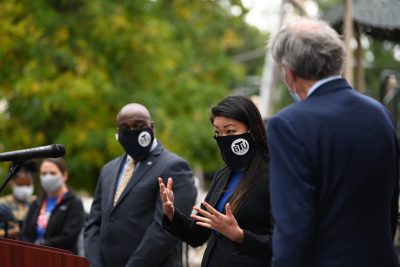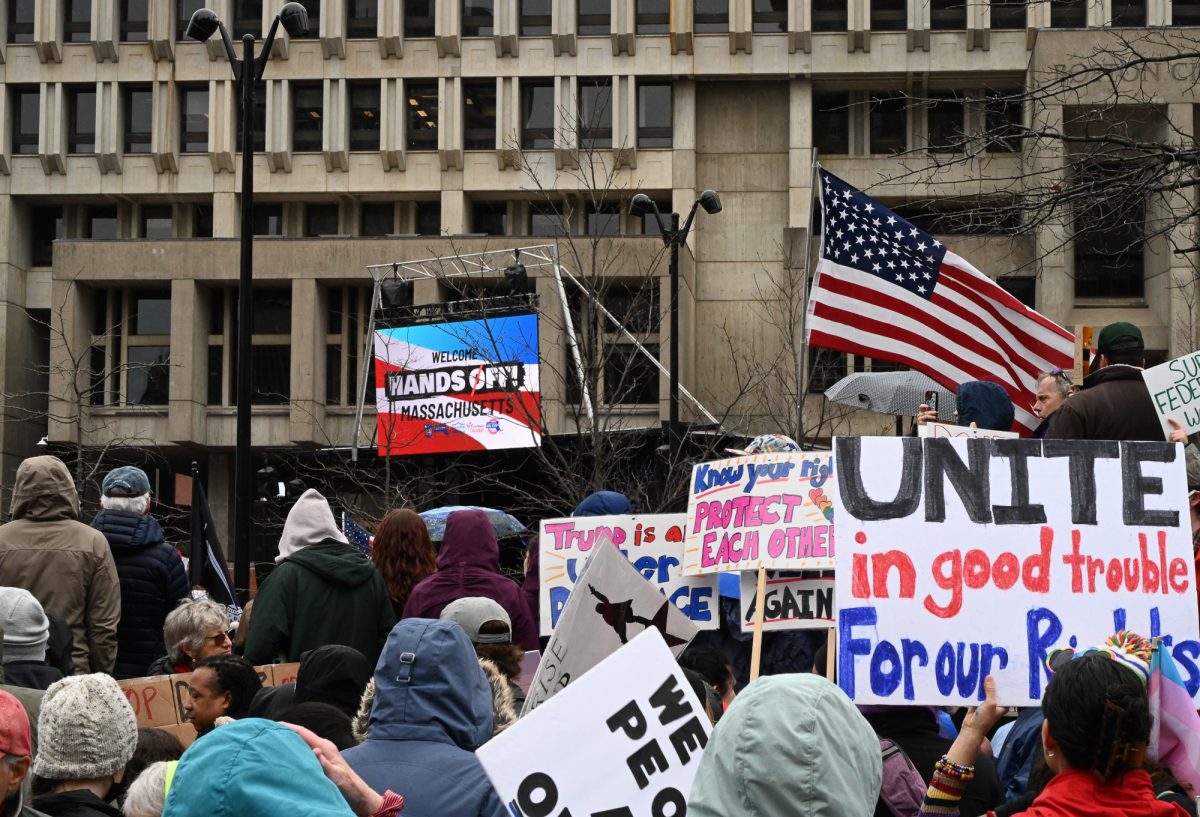Massachusetts teachers unions voiced their disapproval of a Monday change to the Commonwealth’s COVID-19 vaccination plan, which prioritized adults 65 years or older above K-12 educators.

In a joint press release, the Massachusetts Teachers Association, the Massachusetts affiliate of the American Federation of Teachers and the Boston Teachers Union stated the changes would delay the state’s safe return to in-person learning.
“The governor keeps pushing schools to reopen for in-person learning more quickly, regardless of the risks to staff and students, yet he has just made it much harder to do that safely,” Beth Kontos, president of the AFT Massachusetts, said in the press release.
Previously, K-12 teachers and other essential workers — including transit, sanitation and food service employees — were in the second round of Phase 2 vaccinations, behind affordable housing residents, those with two or more underlying conditions and those over 75.
Phase 2 vaccinations begin Monday.
Gov. Charlie Baker announced that residents 65 and older would be bumped higher in the Phase 2 rollout at a Monday press conference. Baker said the change was “consistent with CDC guidance.”
K-12 staff, and those in the Phase 2 distribution, will be given vaccines through their place of employment, personal doctor or public clinic, according to the Massachusetts vaccination plan.
But without a solid procedure to distribute vaccines to public school faculty, individual school districts are organizing their own distribution systems and vaccines from the state themselves, according to the press release.
Those in higher education, including professors and university administrators, will receive vaccinations in Phase 3, which is slated to begin in April. Phase 3 also includes veterinarians, workers who bottle beverages and the general public.
MTA Vice President Max Page said the purpose of vaccinating higher-education workers is two-fold: to make individuals feel safe enough to return to campus and to ensure the safety of the students, staff and faculty already on campuses.
“If we’re trying to get our schools and colleges open, we need to provide those vaccines,” Page said. “Everyone has said it. It’s very important to get education up and running again.”
Page added the MTA is advocating for those in higher education to be moved to a higher priority, alongside K-12 teachers and staff.
Over half of the country’s states have grouped college and university employees with K-12 staff, Page said.
“We’re not trying to do anything at all to our K-12 members,” Page said. “But rather, have them all get [the vaccine] together.”
He added that he and the MTA were unsure why Baker or the Secretary of Health and Human Services Marylou Sudders separated them.
“It seems kind of foolish,” Page said. “We’d love to know why they would do that.”
Page said all educators should be given the vaccine as soon as possible, especially considering the governor’s push to reopen schools.
He added the state has done a poor job of distributing vaccines in general.
“We are one of the bottom half of states in terms of actually administering the doses that we have,” Page said.





























































































































Gregory Davis • Feb 3, 2021 at 3:20 pm
Why are there not more inner-city vaccine sites so that people of color can receive the vaccine to fight off the spread of the virus? Whittier health center and Reggie Lewis center is not enough. Why not use present testing sites as part of additional vaccine providers ?